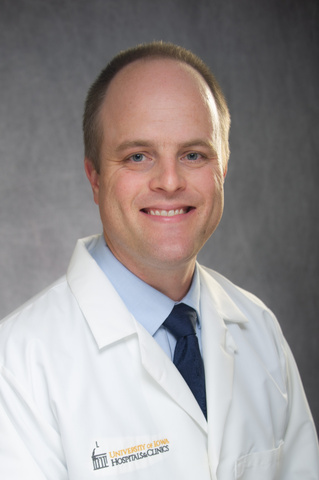
Inflammatory bowel disease (IBD) patients have an increased risk of developing colorectal cancer, termed colitis-associated cancer (CAC). The Bosch Lab, led by Dustin Bosch, MD, PhD, is studying how the gut microbiome is related to CAC development. IBD patients have perturbed microbiomes (dysbiosis), and specific bacteria (pathobionts) may promote carcinogenesis in the inflamed intestine. Prior research found that pks+Escherichia coli strains produce the metabolite colibactin, a genotoxin that damages host cell DNA, promoting carcinogenesis in animal models of CAC. However, whether pks+ E. coli and other pathobionts are associated with CAC in humans was unknown.
By profiling the gut microbiome and detecting specific pathobionts in pathology biospecimens, the Bosch Lab compared patients with CAC to patients with sporadic colorectal cancer or long-standing IBD without cancer. The microbiomes of CAC patients were distinct from IBD without cancer, and more like the sporadic colon cancer group. Within the CAC group, there was enrichment of pks+ E. coli and pathobiont strains of Bacteroides fragilis that produce enterotoxin.
The findings enhance our understanding of how perturbed gut microbiomes in IBD patients may play a role in colon cancer development. Pathobiont bacteria present in some IBD patient microbiomes may increase the risk of CAC. These pathobionts may have prognostic significance and are targets for the development of therapies that reduce cancer risk in IBD patients. For example, recent research has begun to identify drugs that inhibit colibactin production by pks+ E. coli.